Space

Educators and Parents, Sign Up for The Cheat Sheet
Weekly updates to help you use Science News Explores in the learning environment
Thank you for signing up!
There was a problem signing you up.
-
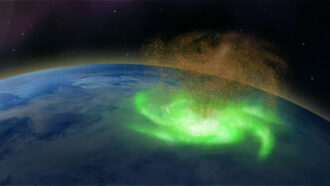 Space
SpaceSummer ‘space hurricanes’ are emerging high above Earth’s magnetic poles
A separation — and later recombining — of Earth’s magnetic field lines may be what churns up these super-high-altitude storms of plasma.
-
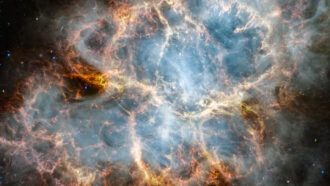 Space
SpaceScientists Say: Cosmic rays
These energy-packed particles come to us from the farthest reaches of outer space.
-
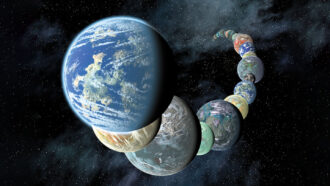 Planets
PlanetsHere are 5 exoplanet mysteries the James Webb telescope could help solve
This space telescope could reveal much about the formation, makeup and evolution of distant exoplanets.
By Elise Cutts -
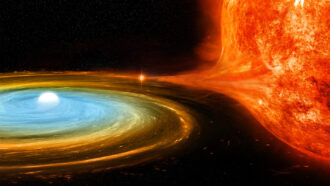 Space
SpaceA cosmic explosion this summer may add a ‘new star‘ to the night sky
Some 3,000 light-years away, this white dwarf undergoes a nova eruption every 80 years or so — throwing off light that can be seen with the unaided eye.
By Jay Bennett -
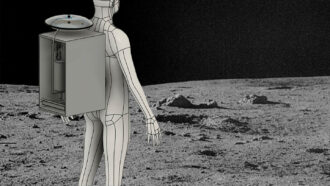 Space
SpaceSci-fi inspired spacesuit recycles pee into drinking water
A spacesuit that collects and filters urine could prove a boon to future remote workers — even on Earth. Like the idea? Thank Dune.
By Adam Mann -
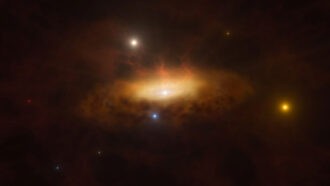 Space
SpaceAstronomers caught a supermassive black hole turning on for the first time
The black hole at the center of a not-too-distant galaxy switched from being dim and quiet to bright and active.
By Adam Mann -
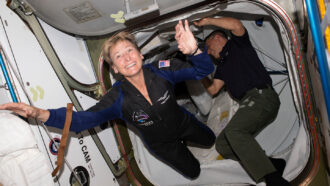 Space
SpaceSpace tourists could face out-of-this-world health risks
As commercial spaceflight starts to take off, a new project — the Space Omics and Medical Atlas — documents potential health impacts to travelers.
By Adam Mann -
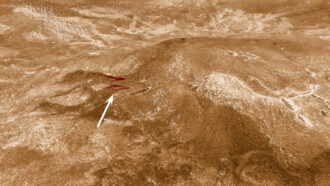 Planets
PlanetsActive volcanoes may be common on Venus
Researchers took a new look at decades-old images from NASA’s Magellan spacecraft. These now suggest volcanic activity is widespread on the planet.
By Adam Mann -
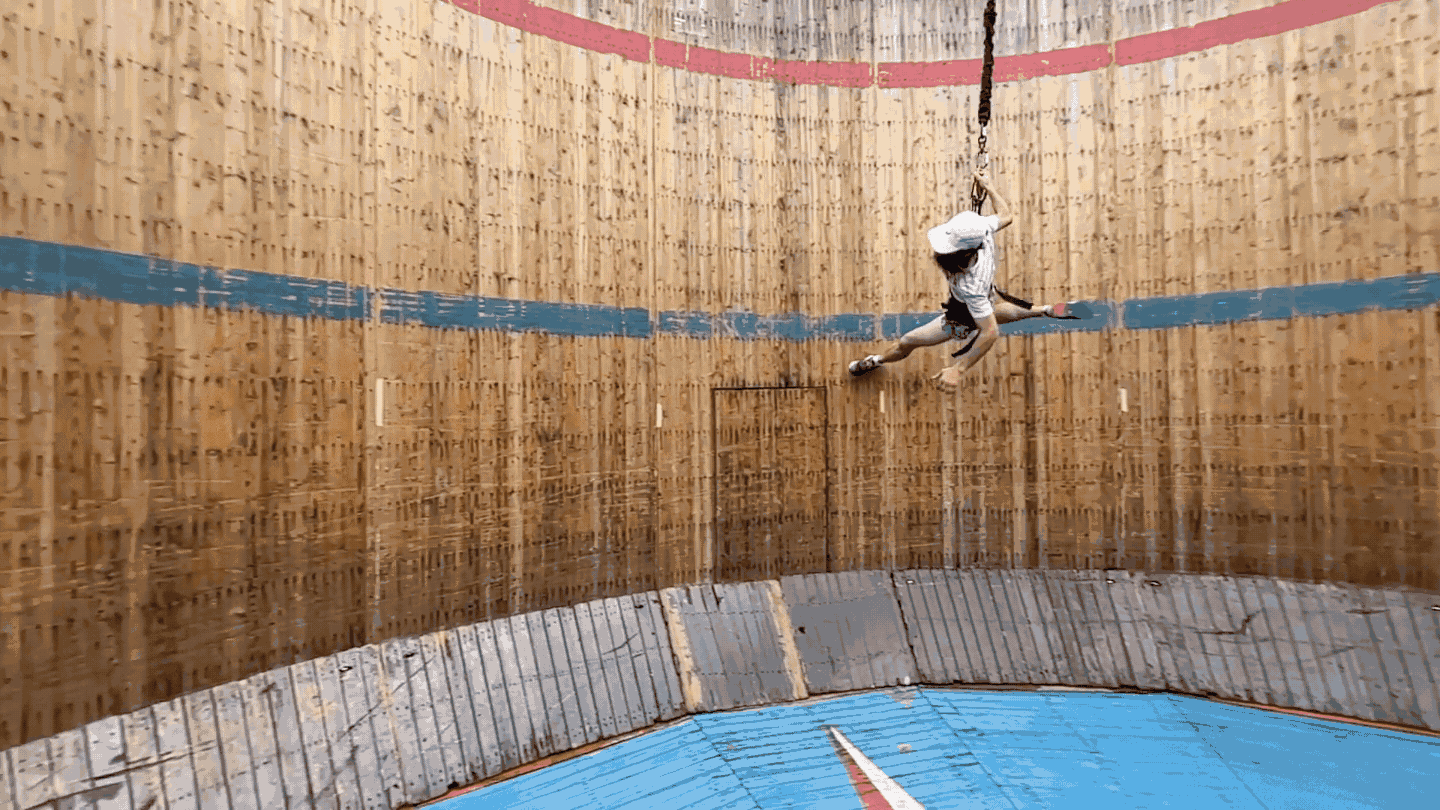 Physics
PhysicsForget moon walking, lunar visitors. Try horizontal running
Researchers took over the Wall of Death, an amusement park attraction, to test out how astronauts might keep their strength up on the moon.
By Meghan Rosen -
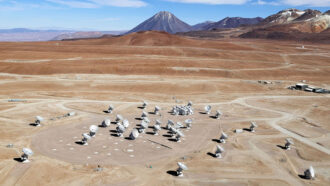 Space
SpaceScientists Say: Astronomical interferometry
This technique links up many telescopes to see the universe in finer detail than any single telescope could alone.
-
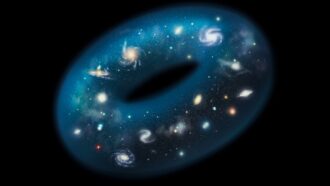 Space
SpaceThe shape of our universe may be complex — like a doughnut
Physicists haven’t yet ruled out the possibility that in our universe, space loops back on itself.
-
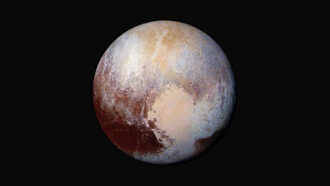 Planets
PlanetsPluto’s heart may hide the rocky wreckage of an ancient impact
A huge, rocky remnant beneath Pluto’s surface could explain the odd location of Sputnik Planitia — its famous heart-shaped basin.
By Adam Mann